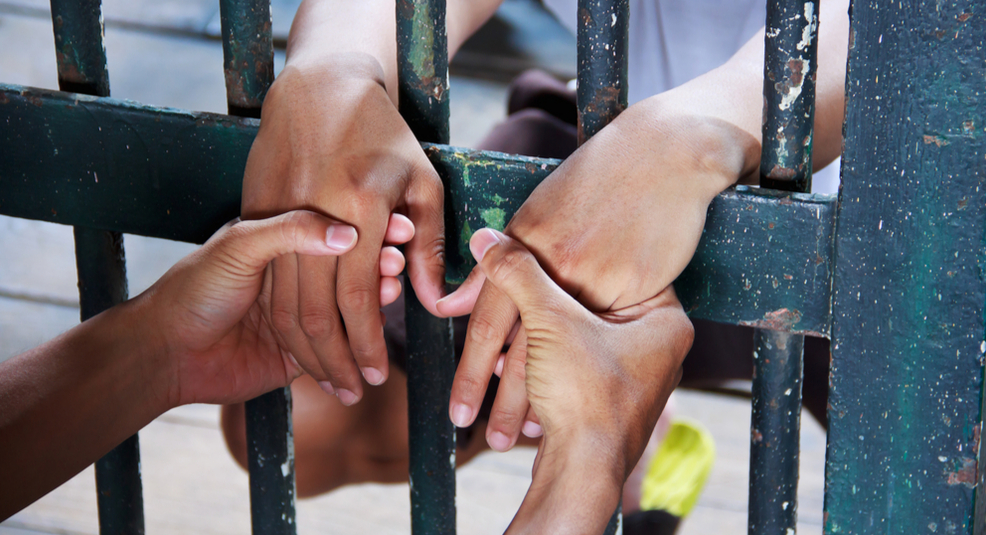Laws, Regulations & Activism
The Failed War on Drugs
In the 1960s, when psychedelics became a symbol of the counterculture movement, rebellion, and political protests, former president Richard Nixon saw it as a threat to his political agenda. By 1971, Nixon declared a war on drugs and passed the Controlled Substances Act. He increased the size of federal drug control agencies, pushed mandatory sentences, and issued no-knock warrants.

It wasn’t until 2016 that Nixon’s top aide, John Ehrlichman, admitted to the real purpose behind the war on drugs.
“You want to know what this was really all about. The Nixon campaign in 1968, and the Nixon White House after that, had two enemies: the antiwar left and black people. You understand what I’m saying. We knew we couldn’t make it illegal to be either against the war or black, but by getting the public to associate the hippies with marijuana and blacks with heroin, and then criminalizing both heavily, we could disrupt those communities. We could arrest their leaders, raid their homes, break up their meetings, and vilify them night after night on the evening news. Did we know we were lying about the drugs? Of course we did.”

The war on drugs left a tremendously devastating impact on the African American community, and people are still dealing with the fallout to this day. When Ronald Reagan took office in 1981, he continued to push Nixon’s agenda. This led to a rapid increase in incarceration rates and a push for zero tolerance policies. All of which disproportionately affected Black communities.
Since the Controlled Substances Act was passed in 1971, all psychedelic substances have been made illegal and deemed Schedule I drugs, which are substances that are defined as having zero medicinal value. However, decades of scientific research and centuries of traditional ceremonies have taught us that psychedelics can be of great value when it comes to mental and physical health, and therefore should have never been classified as a Schedule I substance in the first place. With strong activism that has taken place over generations, the medical industry and drug and law regulators have been pressured to acknowledge the positive health benefits many of these substances possess.
